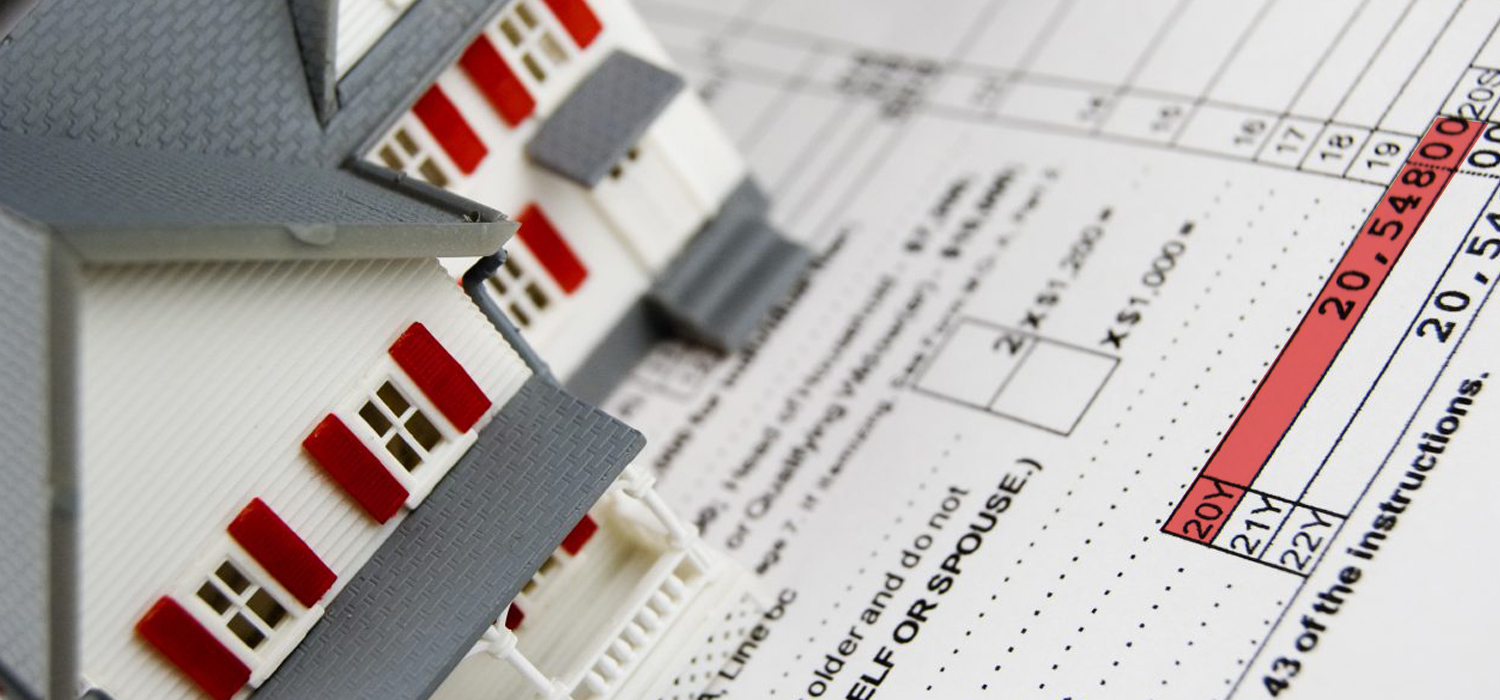Real estate or property taxes generally consist of two components – the local tax rate and the value of your property. The tax rate is set by the local authority (i.e town, village, or city) and is generally the same for everyone. The appraised value of your property reflects the opinion of a local assessor, which may be inaccurate. Whenever these factors do not align, you can file various Property Tax Grievances to reduce your debt.
There may not be much you can do to change your local tax rate, unless you move somewhere else with a lower tax rate. However, you can challenge the assessment on your property. If your appeal results in a lower assessment, your tax bill goes down as well. The National Taxpayers Union estimates that somewhere between 30% and 60% of properties are over-assessed.
Property Over-Assessments Provide Tax Grievances
Over-assessments occur for a variety of reasons, including incorrect information in assessment records (size, conditional rating, property type, etc.) and/or outdated assessment records. Properties with below average conditions are often found to be over-assessed; as the assessor’s conditional rating is not consistent with the property’s actual condition.
Over-assessments also occur when property values change but a property’s assessment doesn’t accurately reflect the current real estate market trends. Either way, it is possible to petition the local authority to reduce your assessment, and thus reduce your property taxes.
If you believe your tax bill appears high, you might be right. To challenge your bill, you should first get a copy of your property’s assessment from your municipality’s property assessor’s office and check to make sure all the reported information about your property is correct.
Your taxes can never go up as a result of the filing of a grievance. They can only go down. It is actually against New York State law for taxes to be raised due to a grievance filing.
Absolutely not. Quite the opposite. Your value will increase if there is a grievance in place and if your tax assessment is lowered.
If you miss the deadline, you lose that tax year. You can never file retroactively. So it is important to make sure that you don’t miss the date!
Even if you have been denied previously, it has no impact on a new grievance application. Comparable values change each and every year, so you should file an appeal annually.
If we determine that you can save money on your property tax, our Hudson View Appraisers will provide you with an appraisal and help fill out a tax grievance form to bring to your local assessor to appeal your taxes. The appraisal shows the market value of your home on a certain date, which is known as a time caption.
At Hudson View, we pride ourselves on our many years of experience and meticulous attention to detail, which has resulted in significant tax reductions and tax refunds for our clients.
If you would like to learn more, please visit the FAQs section, or contact us today to Get Started. Or visit us on LinkedIn. Use our services for managing your appraisal needs in the New York & Connecticut areas.



